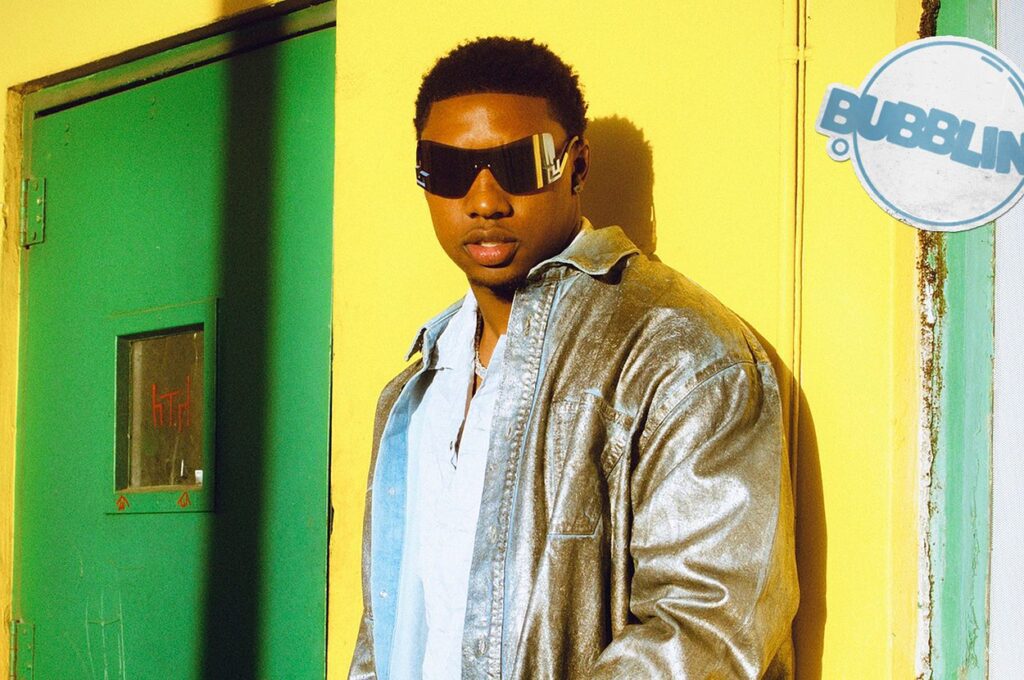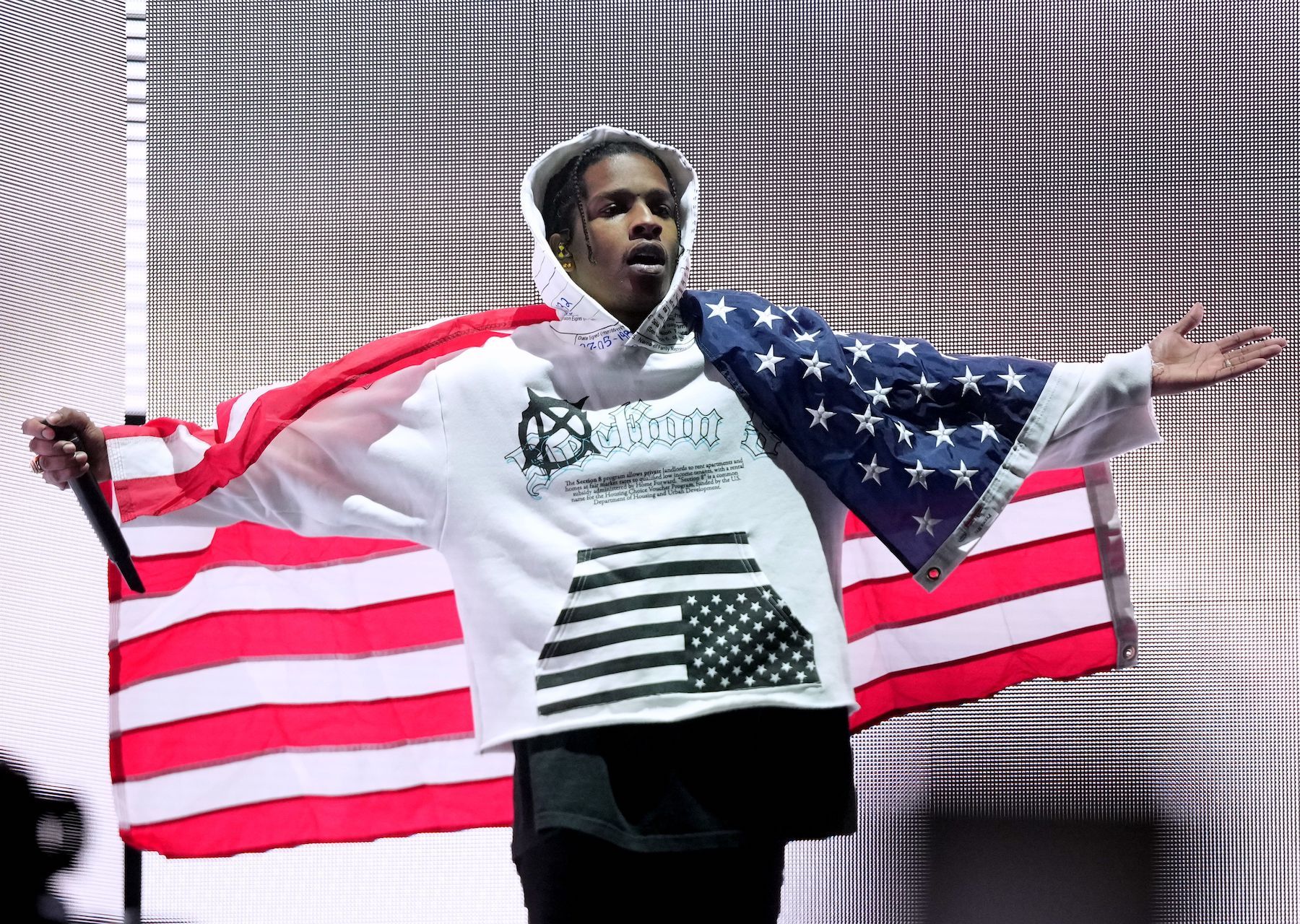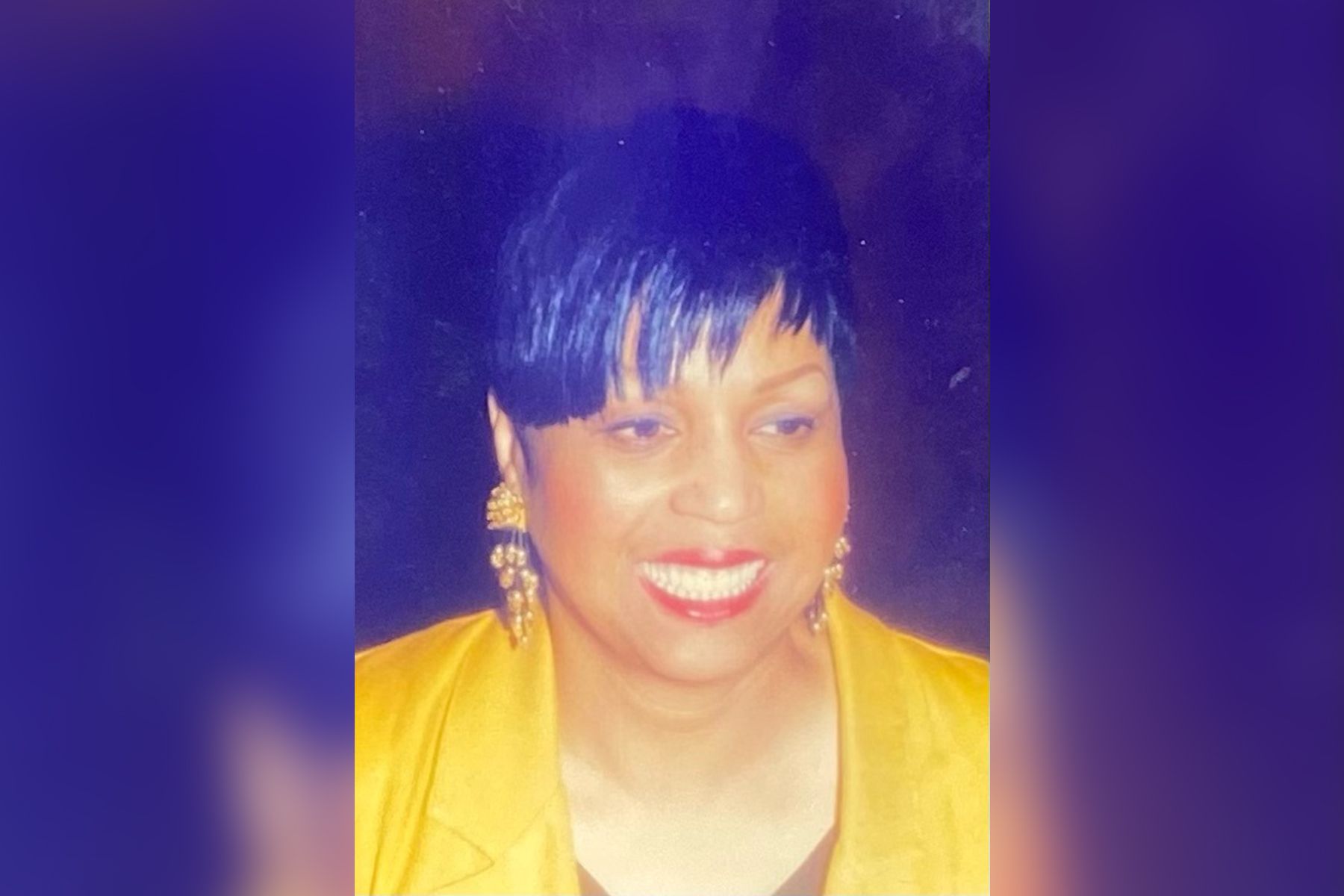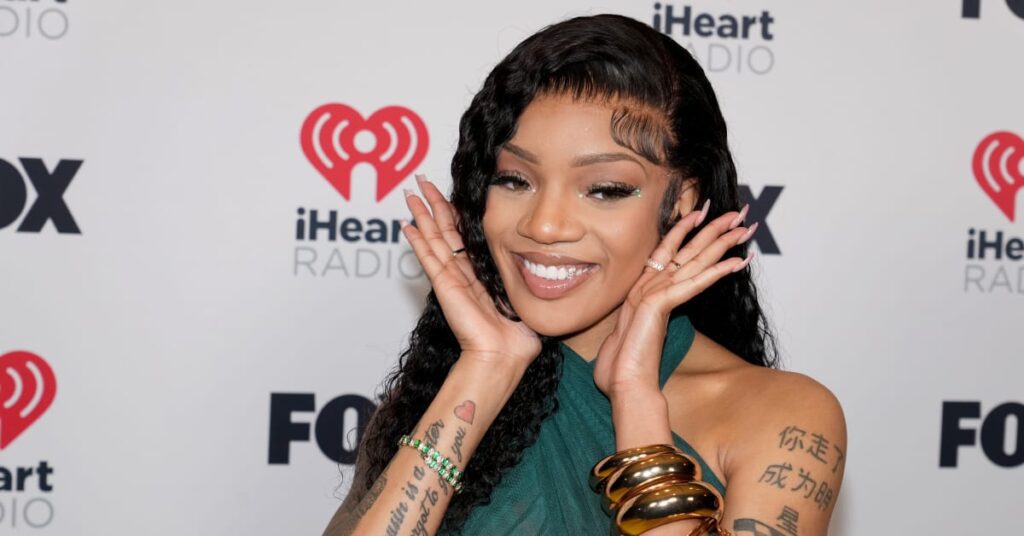
Rob49’s Search For New Orleans
He is an autodidact who made his first song during COVID, fucking around while his aspiring artist friend was in the studio. The song immediately caught fire, as did Rob as an artist, signing to Say La Vie under Geffen Records within a year. He’s now on the verge of releasing his seventh album in less than four years, with a number of viral moments and a stunning resume of features on his CV. With no business interest in his music, Birdman jumped on the intro to 2022’s breakout project, Welcome to Vulture Island, on a song titled “Birdman Pass The Torch”. Just a few other notable collaborators include Travis Scott,Lil Baby, Kevin Gates, Babyface Ray, NoCap, Trippie Redd, Skilla Baby, and poignantly, on his hit “Wassam Baby,” Lil Wayne. “He did everything right,” Neno Calvin explains. “Marketing, this, that, and the third. He knows how to play the Internet. He knows how to play the game.”
Rob doesn’t rap like an artist you’d historically associate with New Orleans, and this was by design. It’s a city of brass doused in vinegar-based hot sauce, and this has always been a hallmark of its rap music. It’s singsong, but not in the sing/rapping hybrid sense. The city’s MCs have always spit with their whole spirit, with a distinct musicality. Juvenile delivers in sung pidgin English, like a cantor braying the torah with his eyes closed. Soulja Slim is closest to Rob in New Orleans parentage because both baritones sound like they’re emanating from a burning bush (or ordering for the destruction of planets from a command on The Death Star). But Slim’s verses are larded with vibrant melodies that span the scale from bar to bar.
Rob49 is different. He raps with his ears pinned back. He is closer to the ice-veined and humorless drill rappers of Chicago, venting furious rifle fire, the words more barked than sung. He has a predilection for ugly, menacing, low-end-heavy beats with repetitive, minor key melodies, with very little in the way of the city’s beloved humid bounce. One of his favorite rappers, and clearest references, is his now friend and collaborator, Chicago’s G Herbo. Influence is rarely a simple formula, but Rob says, “I was mimicking Herb and Future growing up. Herb ’cause he trenched like me, and Future with the sauce,” and this is a fairly accurate equation that bares out the deceptively complex style he employs. Rob has consciously moved toward a Midwest delivery, a less regionally specific style, because he doesn’t want to lean on New Orleans for his identity as an artist, explaining, “I remember going in the studio and was like, I was trying to be the biggest in the world, not the biggest in the city.”
Despite his relatively easy rise to prominence, Rob has expressed an indifference towards rap and maintains he’s going to retire at some point in the near future. It comes naturally to him, and he’s good at it, but he’s a Jokic-style prodigy, generally uninterested in the work that has made him great. When I ask him about it, he tells me, “I just don’t feel like doing it. It’s work. I like being by myself.” He’d rather be chilling with his family and longtime girlfriend. When you consider his turbulent few years as a star in this current rocky, dangerous climate for young rappers, it becomes easier to understand why he’d want to get out while he still can.



